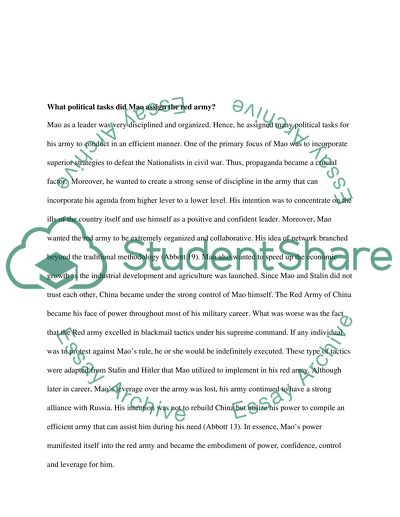Cite this document
(“To what degree was the American war an independence war Essay”, n.d.)
Retrieved from https://studentshare.org/history/1443667-five-five-page-answers
Retrieved from https://studentshare.org/history/1443667-five-five-page-answers
(To What Degree Was the American War an Independence War Essay)
https://studentshare.org/history/1443667-five-five-page-answers.
https://studentshare.org/history/1443667-five-five-page-answers.
“To What Degree Was the American War an Independence War Essay”, n.d. https://studentshare.org/history/1443667-five-five-page-answers.


